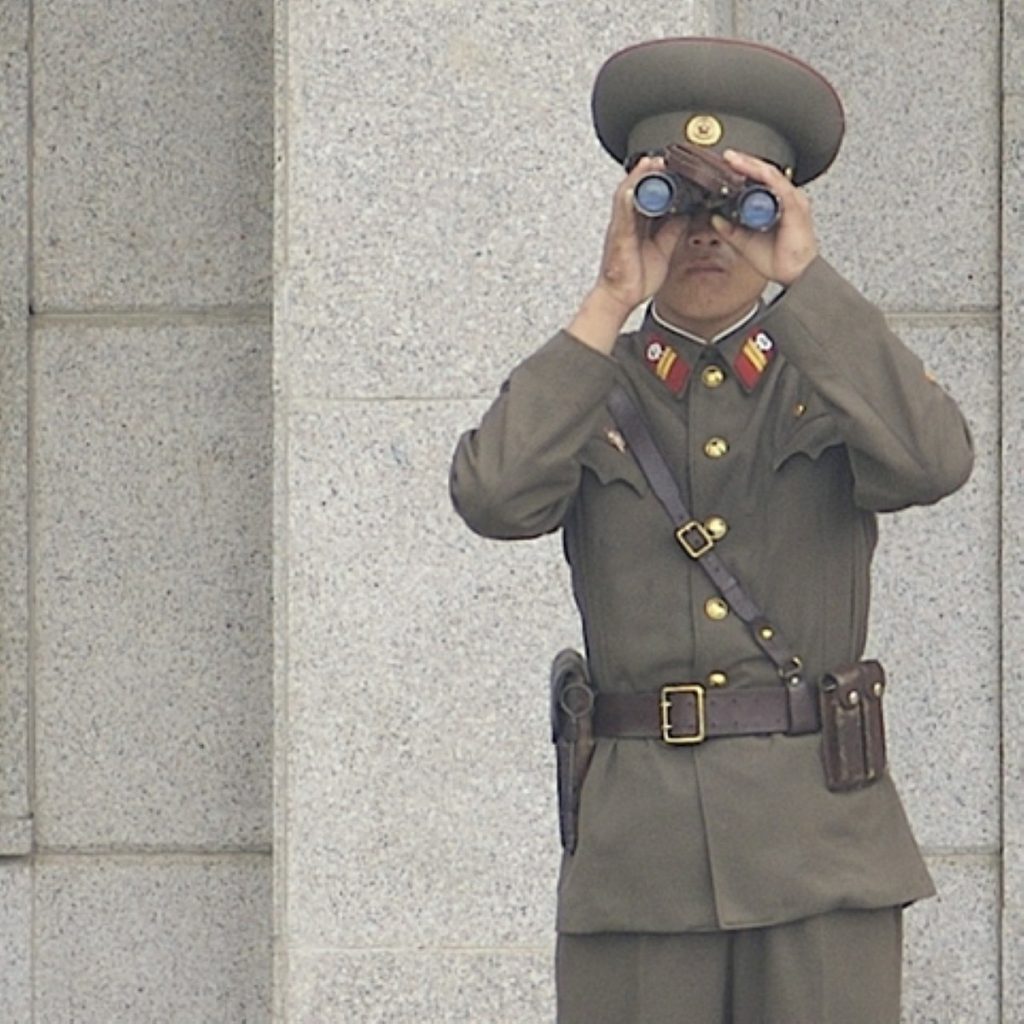Britain demands ‘significant action’ after North Korea nuclear test
Britain demanded "significant" and "robust" action against North Korea today, after the Communist state successfully tested what may be a miniaturised nuclear device.
Seismic activity was detected by several monitoring agencies at 02:57 GMT at North Korea's nuclear test site, with the US Geological Survey recording a shallow earthquake with a magnitude of 4.9.
"I strongly condemn this development, which is a violation of UN Security Council Resolutions 1718, 1874 and 2087," foreign secretary William Hague said.
"UN Security Council Resolution 2087 committed the Security Council to take significant action in the event of a further launch or nuclear test by North Korea.


"The UK will begin urgent consultations with Security Council partners calling for a robust response to this latest development."
The UN Security Council met at 14:00 GMT to discuss the incident and said it would consider what actions it would take in response.
Existing sanctions are likely to be tightened and augmented – probably by targeting the financial sector.
"It was confirmed that the nuclear test that was carried out at a high level in a safe and perfect manner using a miniaturised and lighter nuclear device with greater explosive force than previously did not pose any negative impact on the surrounding ecological environment," state-run KCNA news agency said.
Even China – North Korea's most important ally – condemned the move.
The miniaturisation of the device is particularly worrying, as it suggests the country can attach the device to a long-range missile.
The test comes just a day before Barack Obama's state of the union address. North Korea said the test was designed to protect the country against "the reckless hostility of the United States", suggesting it was deliberately timed to be as provocative as possible.
"The danger posed by North Korea's threatening activities warrants further swift and credible action by the international community," he said.
"The United States will also continue to take steps necessary to defend ourselves and our allies."
South Korean and Japanese emergency response meetings were convened immediately after the test was detected.
"It is a grave threat to our nation's safety and cannot be tolerated as it will significantly damage international society's peace and safety," Japanese prime minister Shinzo Abe said.
The test is the first to take place under new leader Kim Jong-un, who took over from his father Kim Jong-il in December 2011.
Previous nuclear tests took place in 2006 and 2009

